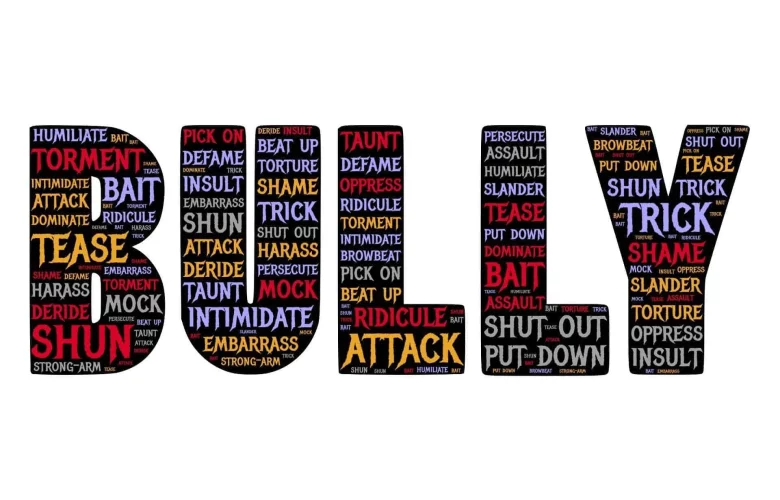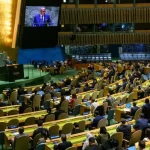Social media platforms, particularly Facebook, have become breeding grounds for these attacks. Women interviewed by CIR reported experiencing abuse across all platforms they used, in both private and public settings. This constant barrage of harassment, often steeped in misogyny and stereotypes, has a chilling effect.
“We found that women were repeatedly attacked online about their appearance, as well as their role in society or their family status, for example, whether they’re married or unmarried,” explained Fasika Tadesse, one of the study’s researchers.
The psychological impact is undeniable, with over 78% of interviewed women reporting fear and anxiety after experiencing online abuse. Many choose to withdraw from online discussions and platforms altogether to protect themselves. This silencing effect stifles their ability to participate in public discourse and contributes to their marginalization.
The consequences extend beyond the virtual world. The online abuse spills over into the real world, with some women experiencing violence and threats to their safety. Conversations with women in Ethiopia revealed a concerning trend of offline violence following online abuse.
“In some cases, we’ve seen online abusers attempting to mobilise action against the target. Some women told us that because of the online campaigns against them, they faced physical attacks or abuse,” Fasika added.
The research also sheds light on the nature of abuse targeting women. Unlike men who often face criticism related to their views, women are attacked based on appearance, marital status, and perceived relationships.
Mocking, irony, and demeaning language are frequently used, creating a hostile online environment. The abuse intensifies for women from marginalized groups. Women of Amhara and Oromo ethnicity faced a higher prevalence of intersectional abuse during periods of conflict in those regions.
The CIR study underscores the urgent need for action. Improved social media monitoring, educational campaigns to counter gender stereotypes, and the creation of a centralized platform for reporting online abuse are crucial steps.
New legislation criminalizing online harassment and abuse could deter perpetrators and offer more protection to victims. However, social media companies also need to take greater responsibility.
“Our hope is that the 2000-word lexicon we’ve developed will help social media platforms when it comes to monitoring – and removing – online abuse in Ethiopia’s many languages,” said Fasika. Developing context-specific tools and enhancing reporting mechanisms are essential to address online abuse in various languages.
By collaborating with government institutions, civil society organizations, and social media companies, there is hope for a safer online space for Ethiopian women. This will allow them to participate fully in public discourse without fear of abuse, ensuring their voices are heard and their safety protected.





